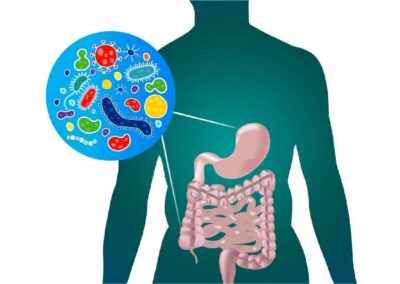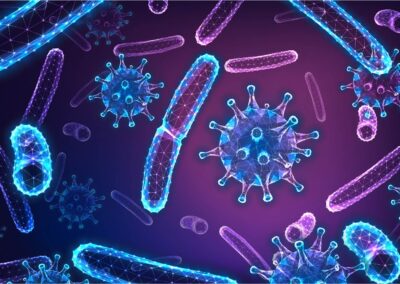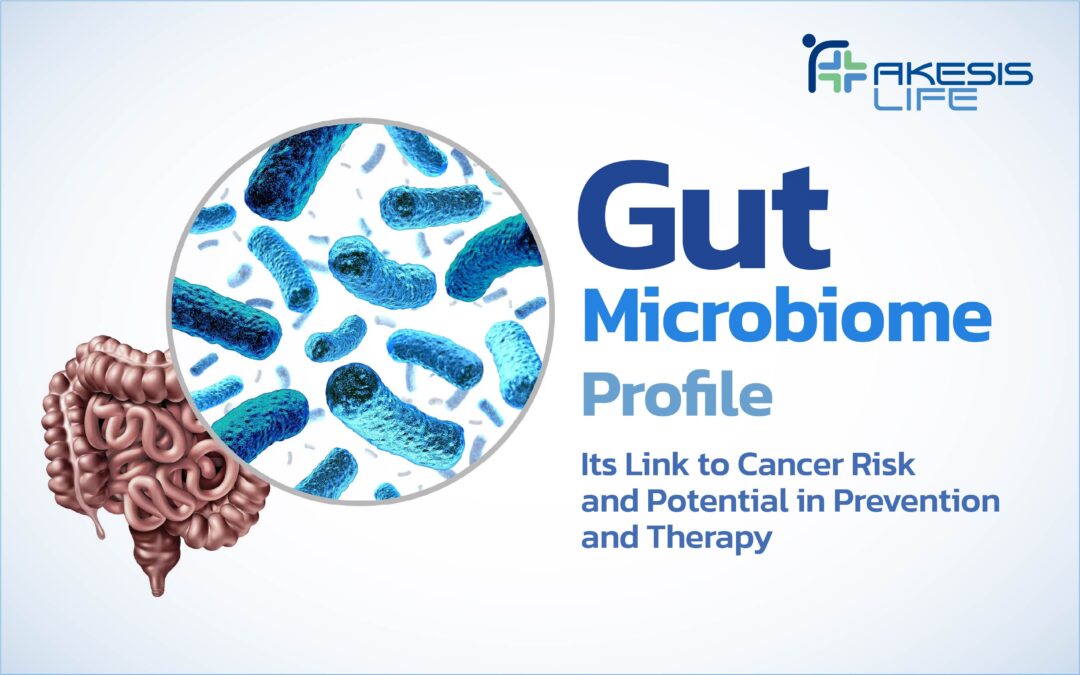The human gut contains trillions of microorganisms, collectively known as the gut microbiome. This complex ecosystem includes bacteria, fungi, viruses, and other microscopic organisms that play a vital role in health by influencing digestion, immunity, and even mood and mental well-being. Over the past decade, research has revealed the gut microbiome’s critical relationship with cancer—acting both as a risk factor and a potential target for prevention and treatment.
What is the gut microbiome?
The gut microbiome refers to the diverse microbial population that resides in the digestive tract, especially the colon. Each individual has a unique microbiome influenced by genetics, diet, environment, and lifestyle.
Key functions of the gut microbiome include:
• Breaking down complex carbohydrates and fibers to produce beneficial compounds such as short-chain fatty acids
• Synthesizing vitamins like vitamin K and some B vitamins
• Stimulating the immune system and acting as a barrier against harmful pathogens
When this balance is disrupted, a condition known as dysbiosis may occur, increasing the risk of diseases like obesity, diabetes, inflammatory bowel disease—and now increasingly linked to cancer.

How the gut microbiome relates to cancer risk:
– Chronic inflammation: Some gut microbes can promote inflammation. Excess or imbalance may lead to DNA damage and foster an environment conducive to cancer, such as in inflammatory bowel disease linked to colon cancer.
– Production of carcinogens: Certain microbes can metabolize bile acids into carcinogenic compounds, raising colon cancer risk.
– Immune modulation: A healthy microbiome supports immune surveillance, enabling detection and destruction of abnormal (including early cancer) cells. Dysbiosis weakens this capacity.
– Tumor microenvironment influence: The microbiome affects tumor-related inflammation, immune cell infiltration, and can either promote or inhibit tumor growth based on microbial species.

Microbiome links with specific cancers:
– Colorectal cancer: Strongest evidence exists here. Fusobacterium nucleatum, commonly found in tumor tissue, promotes inflammation and impairs immune response.
– Liver cancer: Dysbiosis alters bile acid metabolism; gut-derived toxins reach the liver, trigger inflammation, and raise cancer risk.
– Breast cancer: Some gut microbes metabolize or mimic estrogen, influencing hormone levels and breast cancer risk.
– Gastric cancer: Helicobacter pylori is well-known to cause chronic gastritis and is classified as a carcinogen due to its link with stomach cancer.

Microbiome, diet, and cancer prevention:
Diet significantly shapes the microbiome. Fiber-rich foods like vegetables, fruits, and whole grains promote anti-inflammatory microbes and lower cancer risk. In contrast, red and processed meats, high-fat, and high-sugar diets disrupt balance and increase harmful compound production, raising colorectal cancer risk.
Microbiome as a cancer therapy target:
Ongoing research explores modulating the microbiome to prevent or treat cancer:
– Probiotics & prebiotics: Useful bacteria (probiotics) and their nourishing fibers (prebiotics) help restore balance and reduce cancer risk.
– Fecal microbiota transplantation (FMT): Transferring microbes from a healthy donor to a patient shows potential, particularly in boosting immunotherapy outcomes for cancers like melanoma.
– Microbiome-enhanced immunotherapy: Certain microbes can improve immune checkpoint inhibitor effectiveness. Scientists aim to personalize microbiome interventions for optimal cancer care.

Challenges and future directions:
Despite promising associations, challenges remain. Each person’s microbiome is unique, making standard therapies difficult. We’re only beginning to understand microbe-specific effects on cancer. Future therapies may involve personalized microbiome strategies based on diet, genetics, and lifestyle.
Conclusion:
The gut microbiome represents a frontier in cancer prevention and care. While much remains to be discovered, it’s clear that a balanced microbiome plays a key role in maintaining health and reducing cancer risk. A high-fiber, plant-based diet and healthy lifestyle can positively influence the microbiome. In the future, microbiome-based personalized medicine may provide tailored, effective strategies for cancer prevention and treatment, leading to better outcomes and quality of life.


